Our commitment to ending deforestation and restoring forests
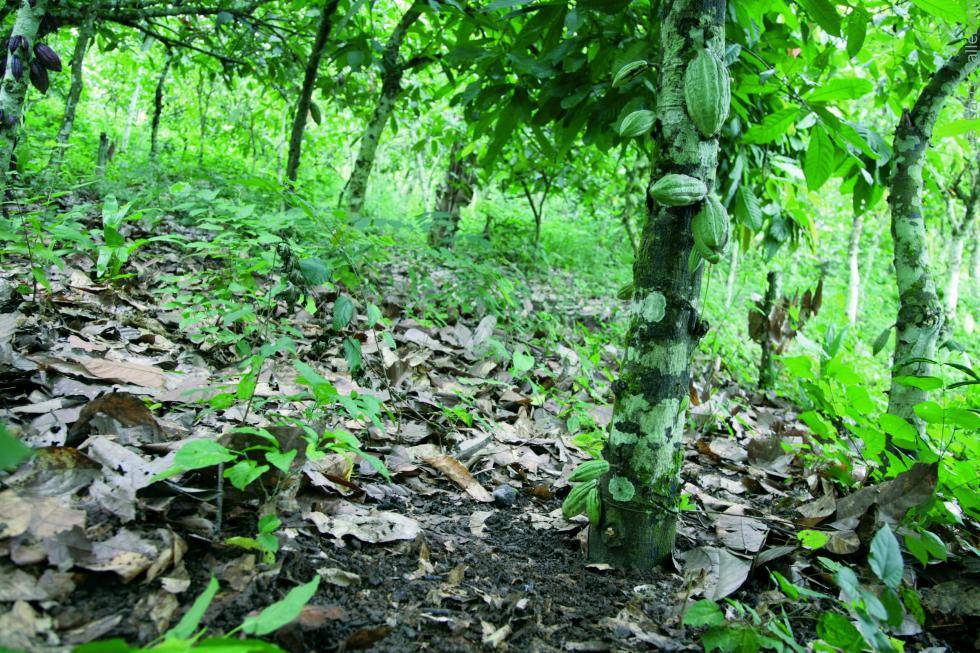
Our commitment to ending deforestation and restoring forests
Background
The United Nations estimates that forests are home to 80% of the world’s terrestrial biodiversity, and they provide a livelihood for approximately 70 million indigenous people. Forests store carbon, so their conversion to other land uses releases greenhouse gas emissions and accelerates climate change, which has a severe impact on the world, particularly agricultural regions. Droughts mean farmers can no longer rely on crucial rainfall, while deforestation leads to soil degradation, accelerating the downward spiral. If the chocolate industry does not commit to reducing its carbon footprint and achieving zero deforestation in its supply chain, the ecosystems that provide chocolate ingredients will rapidly erode. International multi-stakeholder initiatives are in place to combat deforestation, yet forest cover continues to decrease at an alarming rate; each year an average of 13 million hectares are lost.
Barry Callebaut has committed to making sustainable chocolate the norm, which includes a commitment to be forest positive by 2025. By this, we mean not only no further gross deforestation (without deduction for reforestation or other offset), but also forest restoration and large-scale tree planting. Please visit our Forever Chocolate hub for a full overview of our commitments.
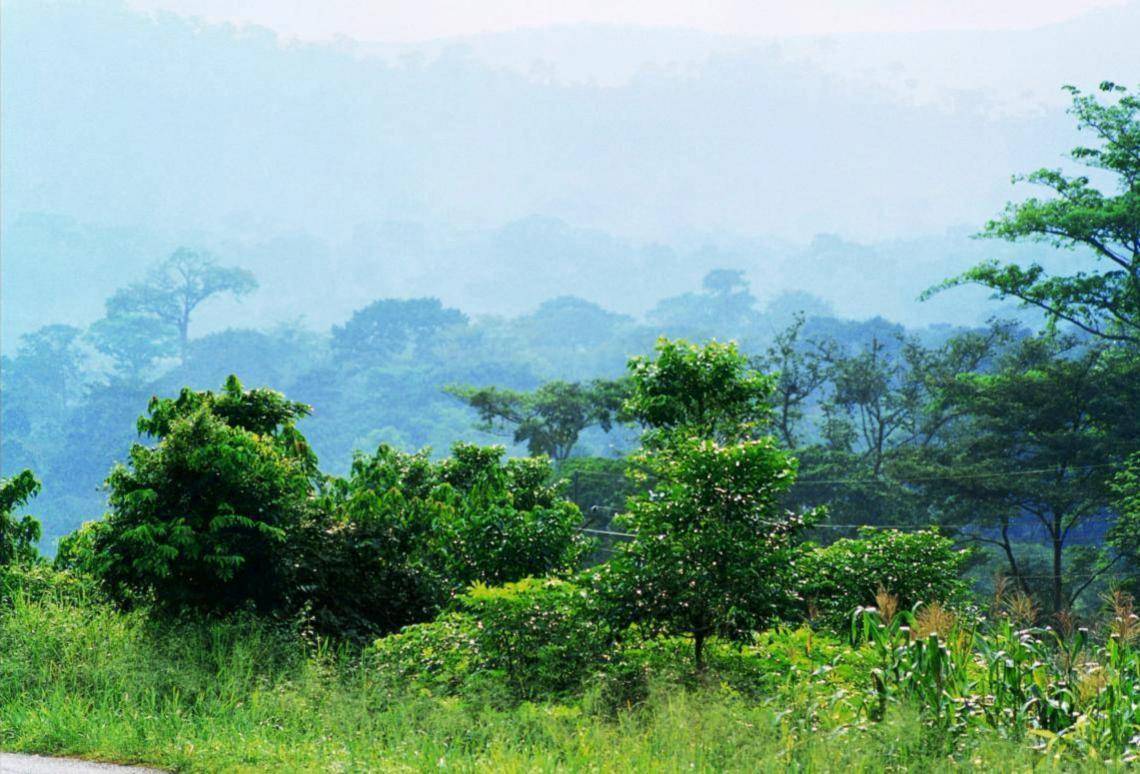
The definition of deforestation
Whilst there is no global definition of deforestation, we refer to the Accountability Framework’s definition of “natural forest”, irrespective of its protection status. Deforestation is defined by the Accountability Framework as a loss of natural forest due to conversion to other land use or due to severe and sustained degradation.
Barry Callebaut’s commitment to a deforestation-free supply chain
In order to become forest positive we are working within our own direct supply chain, as well as with suppliers and governments for our indirect supply chain, to introduce traceability so that we will not be sourcing from land defined as national park, state or local reserve, or with any other protected status as defined by national or subnational governments. At the same time, we are collaborating with ETH Zurich on a remote sensing tool that will allow us to monitor land use change in our supply chains, applying the High Carbon Stock Approach (HCSA). This will also help us to identify the landscapes which are worth protecting but do not have the according legal status. In cases where we judge, on the basis of this knowledge, the local legislation to be insufficient, we will work with governments to take action and adapt the existing laws accordingly. Barry Callebaut will help protect HCS levels 1 and 2 and will support and facilitate the restoration of HCS levels 3 and 4. Additionally, a range of certification schemes which we support, including Rainforest Alliance and the Roundtable on Sustainable Palm Oil (RSPO), have applied the High Conservation Value (HCV) Approach which is designed to maintain or enhance environmental and social values in production landscapes.
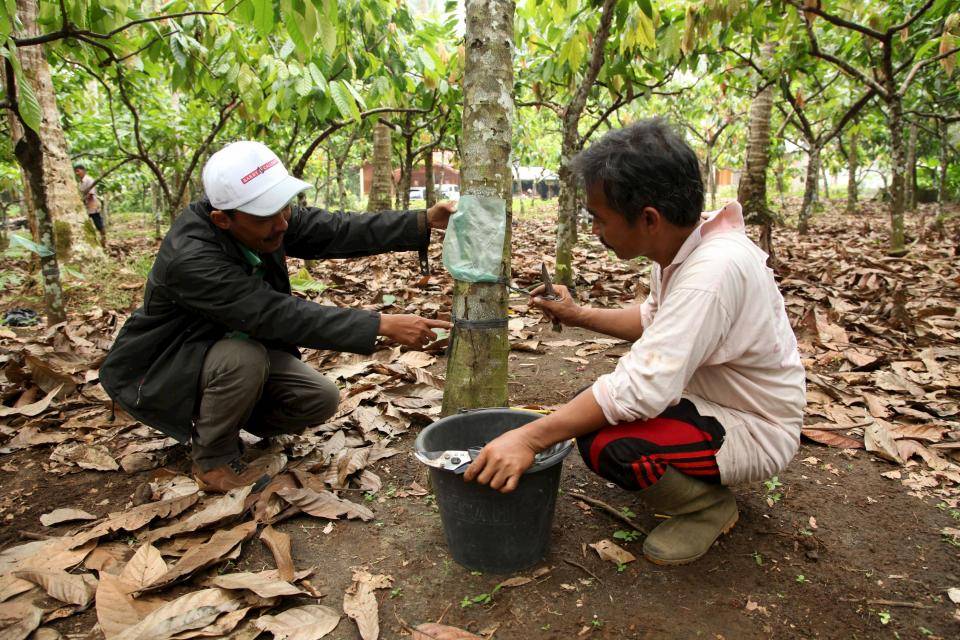
Our approach for cocoa
In 2017 we signed the Cocoa and Forests Initiative (CFI), a multi-stakeholder initiative dedicated to ending cocoa farming induced deforestation in Ghana and Côte d’Ivoire. It includes a commitment to deliver traceability in our direct cocoa supply chains in these two countries. In line with this commitment, we are geographically locating the farms in our direct cocoa supply chain within 5 kilometers of a protected area and for the warehouses within 25 kilometers of a protected area.
For the deforestation risk assessment which succeeds the mapping, we follow the recommendations made by the CFI and work with analyses relying on satellite data available on Global Forest Watch (GFW) and land use maps1. A hotspot analysis is applied and assigns risk scores to areas, which allows us to target specific interventions to avoid cocoa-driven deforestation. Such activities are for example the promotion of climate-smart cocoa, including agroforestry systems and Community-based Natural Resource Management (CBNRM), such as community-owned restoration plots, to help lift cocoa farmers out of poverty by increasing their productivity and diversifying their income.
To increase the long-term productivity of cocoa in environmentally suitable areas, we have focused training on Good Agricultural Practices (GAPs), which includes agroforestry and biodiversity. These activities are supported by Cocoa Horizons, our preferred vehicle to support the implementation of our sustainability activities. Cocoa Horizons also enables customers to offer products that support the creation of self-sustaining cocoa farming communities. Via Farm Business Plans we are rolling out additional products and services to reduce pressure on forests and support forest restoration and reforestation. These plans cover multiple years during which we offer advice on the best mix of planting cocoa, the use of fertilizers and diversifying income-generating activities.
Another focus of Barry Callebaut lies on the ecological restoration of previously deforested areas, combining the promotion of alternative livelihoods through promoting agroforestry systems and an increase in biodiversity. More information on our commitments can be found in the annual Forever Chocolate Progress Report.
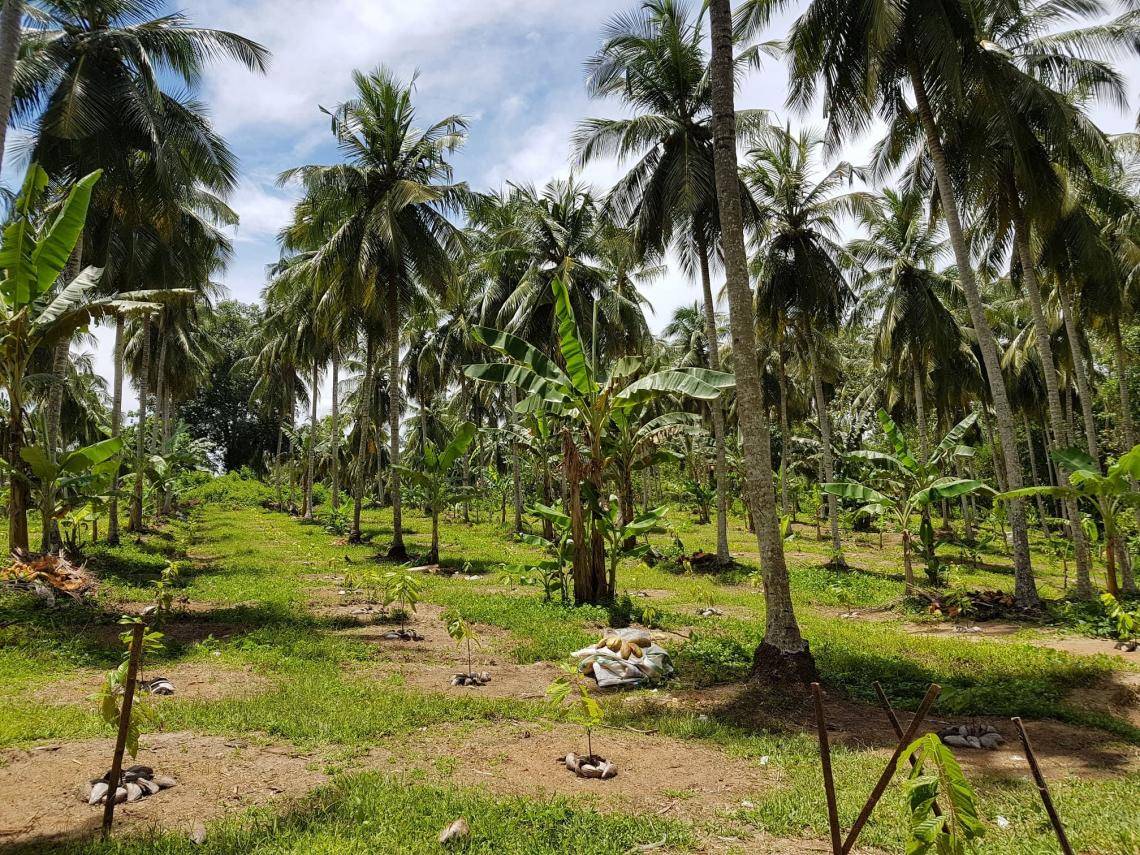
Our approach for other ingredients
At Barry Callebaut we source a wide range of ingredients including dairy, palm oil, coconut oil, soy lecithin, vanilla, cane sugar, beet sugar and nuts for inclusion in our chocolate products. Our supplier code of conduct, which is signed by each onboarding supplier, ensures that all our non-cocoa ingredients suppliers commit to a deforestation-free supply chain and have the appropriate systems in place to achieve this target. The Supplier Code contains mandatory requirements that we expect all of our suppliers to comply with.
We recognize that each of these raw materials has its own complex supply chain that can also vary across different geographical regions. We are therefore working with our suppliers, relevant certification and verification schemes, and through our own sustainability programs, to define and implement sustainability standards for each ingredient. We are at the forefront of the development of such standards for our priority ingredients.
Furthermore, we created a heat map that provides an overview of the origins and ingredients which are at risk of causing deforestation. These include cane sugar, palm oil, soy lecithin, sunflower, vanilla and sweeteners from certain origins. Traceability data is collected annually for our high risk ingredients at the level of geographical traceability expected for each ingredient.
Based on the geographical mapping, we are establishing monitoring mechanisms which allow us to detect and address possible deforestation events in our supply chains. For this, we are working with a diverse range of sources and organizations, such as Global Forest Watch, Conservation International and ETH. Through these monitoring activities we aim to ensure deforestation-free supply chains and hold suppliers accountable on their commitment towards stopping deforestation.
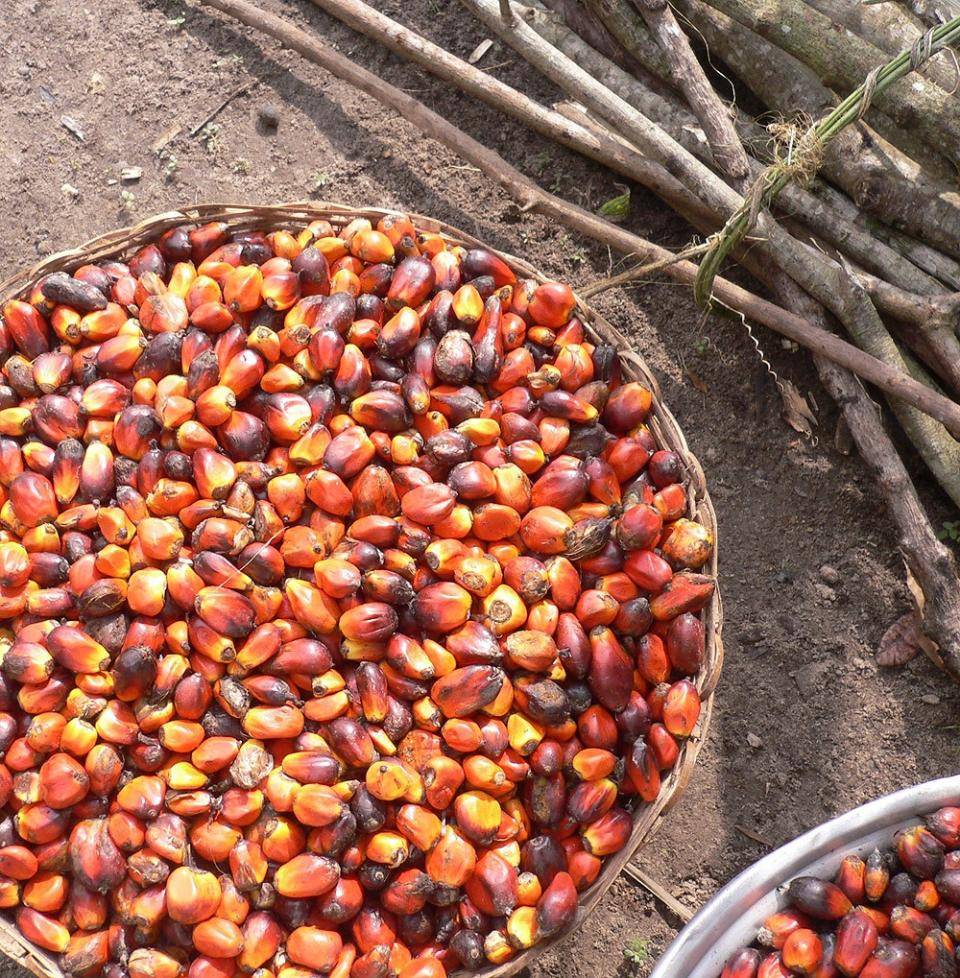
For palm, we achieved 99% traceability to mill (TTM) with our suppliers and use Palmoil.io, a third-party platform, for monitoring deforestation through satellite imagery and supply chain relationships in near real-time, from concession to refinery. We receive monthly reports with deforestation alerts and grievance monitoring reports to help us obtain actionable insights into potential regulatory and NDPE violations. We have also been a member of the Roundtable on Sustainable Palm Oil (RSPO) since 2011.
Finally, we are engaging in industry collaborations and roundtables to promote transparency and to advocate for strong deforestation criteria in the standards we work with. For example, Barry Callebaut signed the Cerrado Manifesto to stop additional farm development in the Brazilian Cerrado grasslands for soy and we are members of the Proterra Foundation and its stakeholder council. We have recently joined the High Carbon Stock Approach Steering Group and for palm, we have actively engaged in the revision of the RSPO principles and criteria, which led to the inclusion of the HCV/HCS Approach.
1Important to note is that we can only detect tree cover loss on GFW and that this in turn can be used as an approximation of deforestation, and that GFW data only reveals the first occurrence of tree cover loss on a certain area.